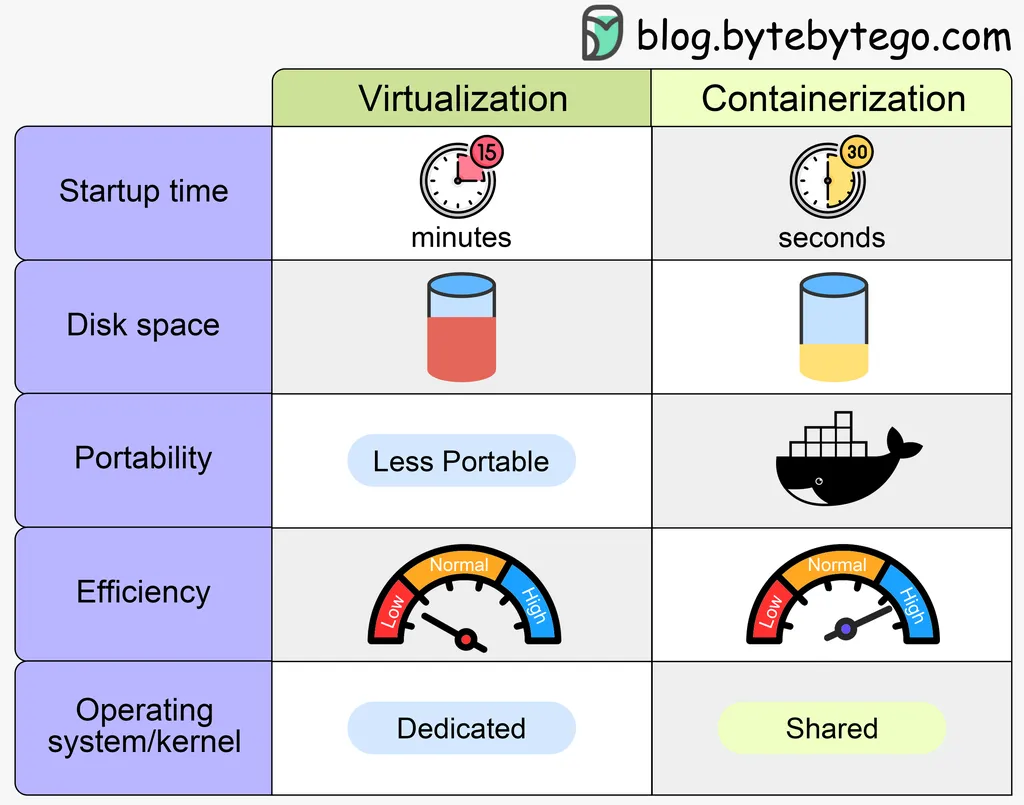In the ever-evolving landscape of rail transit, a groundbreaking study published in *Kongzhi Yu Xinxi Jishu* (Control and Information Technology) is set to revolutionize how we approach intelligent operation and maintenance. Led by HE Jiabei, this research introduces a microservice platform design that promises to streamline development, reduce costs, and enhance scalability—a game-changer for the energy and transportation sectors.
Traditionally, rail transit systems have grappled with the challenges of repeated construction and limited scalability under single-node service models. These inefficiencies not only drain resources but also hinder progress in an industry that demands precision and reliability. HE Jiabei’s research tackles these issues head-on by integrating advanced technologies like microservices and Docker, borrowed from the internet industry, to create a platform tailored for rail transit.
The study highlights the practical application of this microservice platform through a case study of FORESEE, a rail transit intelligent operation and maintenance product. By adopting an efficient engineering development model, the platform emphasizes reusability, mass production, and distribution. “The microservice platform reduces the average human investment by 70%,” says HE Jiabei, underscoring the significant reduction in labor costs and operational overhead. This efficiency translates to lower deployment and maintenance thresholds, ultimately driving down costs while improving overall performance.
The implications of this research extend beyond rail transit. In the energy sector, where intelligent operation and maintenance are critical, the adoption of microservice platforms could lead to similar efficiencies. By reducing the need for repetitive construction and enhancing scalability, energy companies could achieve cost savings and operational improvements, paving the way for smarter, more sustainable infrastructure.
HE Jiabei’s work, published in *Kongzhi Yu Xinxi Jishu* (Control and Information Technology), offers a blueprint for future developments in intelligent operation and maintenance. As industries continue to seek ways to optimize their processes, the lessons learned from this research could inspire innovations across various sectors. The future of rail transit—and by extension, the energy sector—looks brighter, more efficient, and more cost-effective thanks to this pioneering work.

